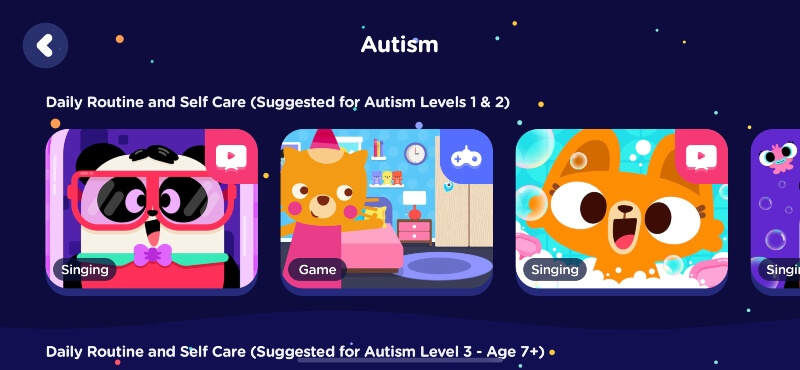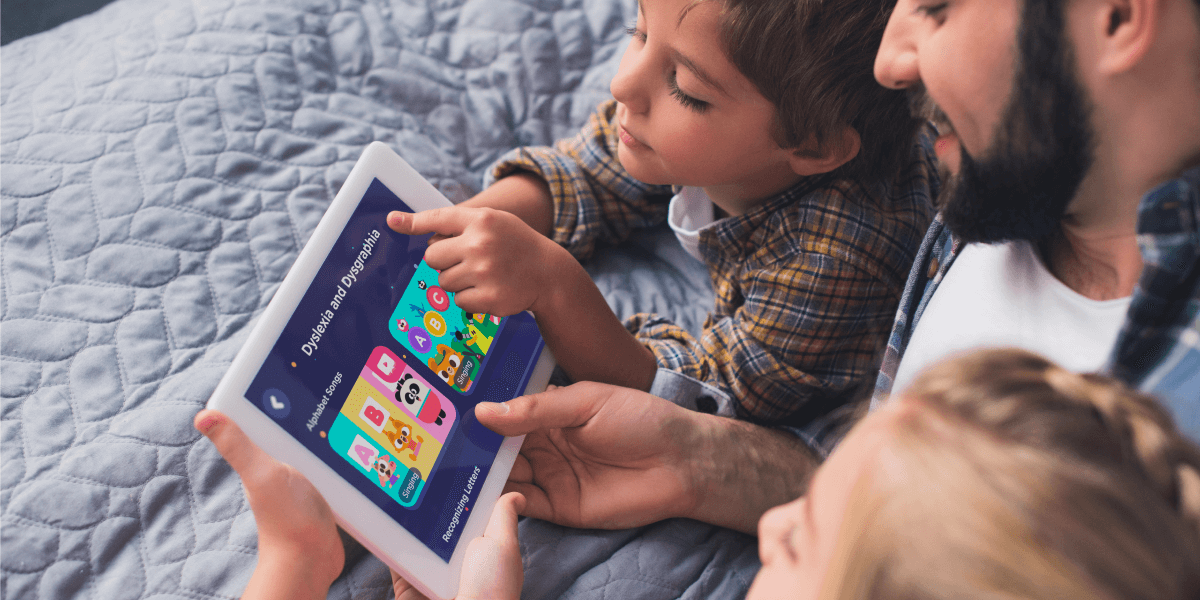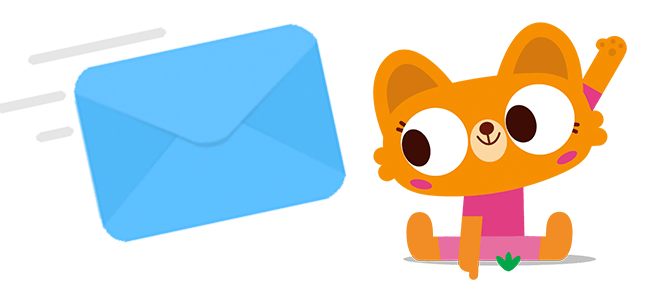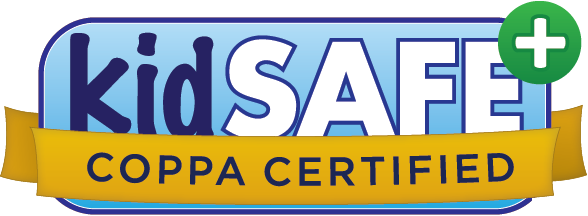Celebrate the diversity of young minds! At Lingokids, we believe that every child is unique—each with their own set of strengths and challenges. For this reason, we created the “Neurodiverse Content” category in the “Explore” section of the app. This section of the app includes educational games for students with diverse needs.
The games, songs, and activities in this section of the app have been curated by top experts in each category.
What is neurodiversity?
Neurodiversity is a term that recognizes the diversity of human brains and minds. This term acknowledges that everyone’s brain is different and that these differences should be respected and celebrated. We are proud to embrace this concept, and we know that many of our young learners will benefit from the inclusive content we’ve created.
The “Neurodiverse” category currently features content for five specific conditions.
These conditions include:
- Autism Spectrum Conditions (ASC)
- Attention Deficit Hyperactivity Disorder (ADHD)
- Dyslexia
- Dysgraphia
- Dyscalculia

Educational games for neurodiverse children
Autism Spectrum Conditions
Autism Spectrum Conditions are a group of neurodevelopmental conditions that affect social communication and interaction. In addition, it includes repetitive patterns of behavior, interests, or activities. Our content is tailored to help children on the autism spectrum develop important social skills and learn to recognize emotions and practice daily routines.
When it comes to supporting children on the autism spectrum, the experts found that concrete activities work best. The activities in this category are appropriate for several age and impairment levels.

ADHD
ADHD is a neurodevelopmental condition that affects attention, hyperactivity, and impulsivity. Our content focuses on helping children with ADHD improve their focus and attention, develop self-regulation skills, and improve memory retention in other areas of their lives.
For this category, the experts noted that anything involving movement is a good strategy for working with children with ADHD. In addition, dynamic and fast-paced videos can also support these learners.

Dyslexia and Dysgraphia
Dyslexia is a neurodiverse condition that affects reading, writing, and spelling. Activities in the Lingokids app can support children with dyslexia to develop reading and writing skills at their own pace and in a supportive, understanding environment.
Dysgraphia is a neurodiverse condition that affects writing, handwriting, and organization. Our content is designed to help children with dysgraphia improve their handwriting skills.
Our team of experts found that activities combining lower and upper case letters help children establish a correlation between them. Another type of game that works well for these learners is activities that allow learning print writing.

Dyscalculia
Dyscalculia is a neurodiverse condition that affects understanding and working with numbers. Our content is tailored to help children with dyscalculia improve their math skills and understand mathematical concepts. Plus, it can help children feel confident in working with numbers.
The team of experts found that the activities in this category can help develop skills in counting, number writing, and recognition, as well as more complex functions such as addition and subtraction.

More about Lingokids
The Lingokids universe provides original, award-winning, interactive content for kids, transforming how kids can learn. Lingokids creates games, songs, podcasts, videos, and activities that blend educational subjects with modern life skills to spark curiosity, imagination, and success in school—and beyond!
Interested in learning more about how Lingokids helps families raise amazing kids? Download the app and check out more content on our YouTube channels!
Note: After reviewing parent feedback, we have changed certain terms and phrases in this article and in the in-app “Neurodiverse Content” category. We appreciate parent perspective and welcome any questions here.






